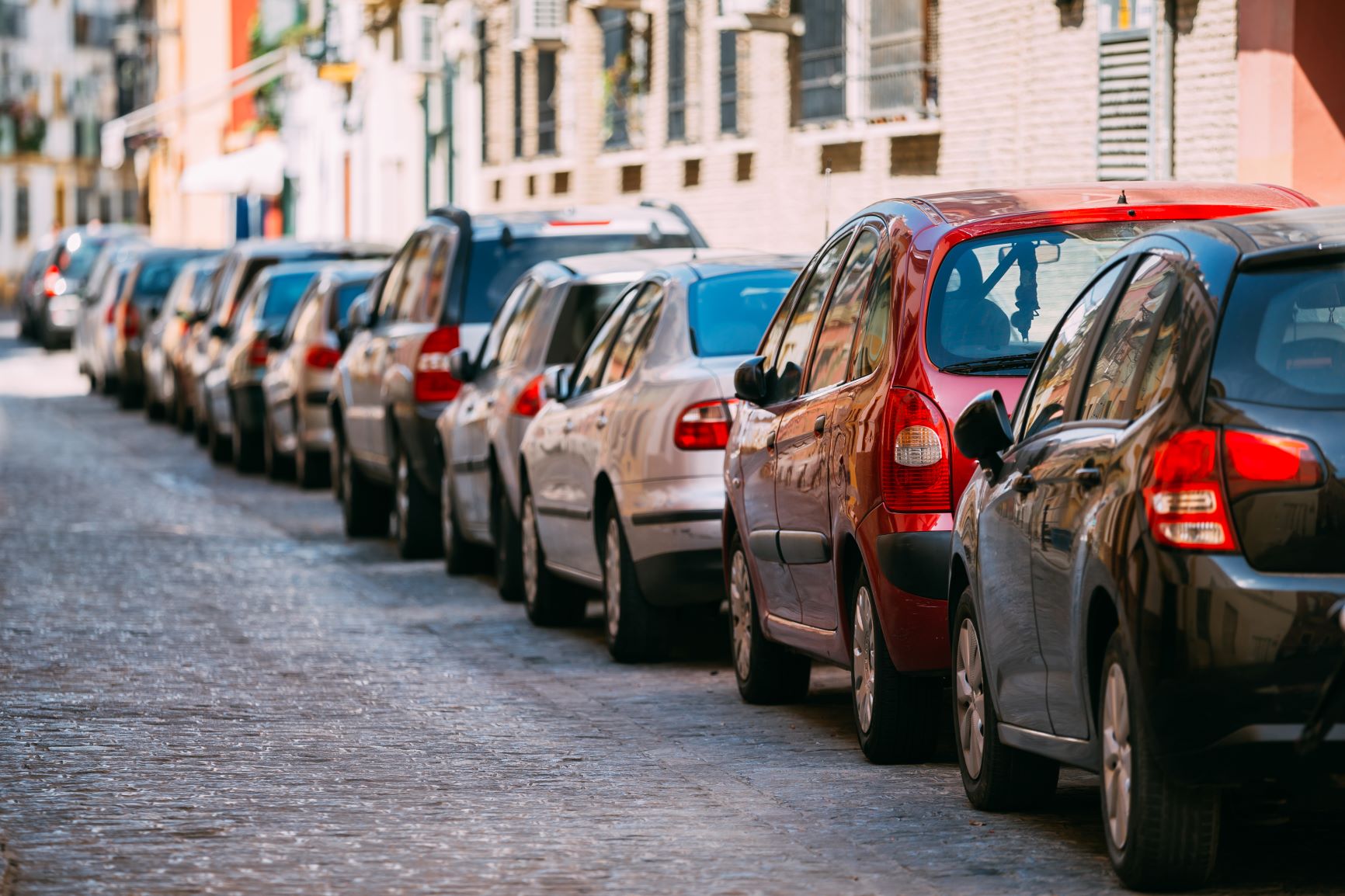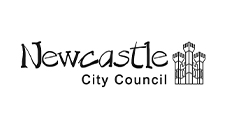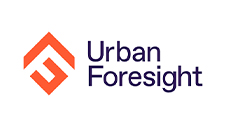Smart parking sensors at Newcastle Helix

Smart parking sensors monitor the availability of individual parking spaces. They can guide motorists to available spaces, provide a seamless experience in cashless payment, and also support parking services in targeted enforcement of bays.
Newcastle Helix is one of the UK’s largest regeneration sites.
The 24-acre innovation quarter in the centre of Newcastle will be home to hundreds of businesses, researchers and residents.
This is expected to increase demand on the 326 on-street parking bays in the surrounding residential streets .
Anticipated traffic growth in the city centre of 12.9% per year and the proximity of the Helix to the City’s Clean Air Zone boundary will also create additional demand for parking. Utilisation of available parking spaces is expected to reach 96% of capacity by 2025, placing a considerable strain on local residents and businesses.
A particular challenge is that 124 of the bays surrounding the Helix are designated as mixed permit/time-restricted spaces (4 hours).
Enforcing these restrictions is challenging and time-consuming. Civil Enforcement Officers are required to keep detailed paper records and make speculative return visits to evidence that a motorist has overstayed the allowed period.
Solving the problem
Smart parking sensors monitor the occupancy of individual parking spaces. They can guide motorists to available spaces, provide a seamless experience in cashless payment, and also support parking services in targeted enforcement.
A detailed survey of the Newcastle Helix site was undertaken by Urban Foresight to design a tactical deployment of smart parking sensors. This included a series of occupancy surveys to determine the parking demand cycles for the site and the neighbouring residential streets.
The idea was to incorporate different types of parking bay type to inform the Council’s future strategy and maximise potential efficiencies and additional revenue. The site provided opportunities to trial sensors for both paid for and time-limited parking. It also included bays designated for loading, car clubs, EV charging and disabled drivers.
Urban Foresight identified the potential to generate additional revenue by redesignating time-limited bays to paid for parking. Modelling showed this would see the upfront investment in sensors recouped in under a year and provide a more cost effective solution than traditional ticket machines.
Different deployment scenarios were profiled and costed. This also considered wireless connectivity and the positioning of base stations to support cost effective roll out of sensors to other parking hotspots across the city.
This analysis also showed how parking sensors could improve safety, enforcement and air quality at known parking hotspots adjacent to schools.
Key outcomes
Urban Foresight worked with Newcastle City Council’s parking service managers to develop a full financial business case and deployment plan.
Urban Foresight then secured funding from Newcastle University’s Urban Observatory to support a one-year tactical deployment.
A soft market engagement exercise was conducted in 2020 to explore the range of available technologies and costs. Urban Foresight then worked with the council to develop a full procurement specification and evaluation criteria.
Urban Foresight’s analysis forecast that the redesignation of parking bays would generate additional revenues worth more than £100,000 per year to Newcastle City Council.
Due to the challenges of introducing a new service during the Covid-19 pandemic, Newcastle City Council temporarily paused the project in 2021.
Partners
Similar Stories
Northumbrian Water: Interruption to Supply Risk Mapping using Spatial R Package
Jumping Rivers has worked with Northumbrian Water to develop a tool that identifies the risk of interruption to water supply.
Empowering patients and professionals with transformative technology
A renowned life science enterprise and Monstarlab worked to develop an innovation funnel for the company’s digital app services.
Strengthening data analyst skills to optimise battery systems
Embedding new data science skills into their organisation Working with NICD, Connected Energy...
PYRAMID real-time platform for flood risk assessment
Developing a digitally-enabled environment which benefits policymakers, businesses, communities and individuals
Connected homes as living labs for energy management technologies
55 homes in Newcastle have been fitted with equipment to become living labs for the energy sector.
Helping communities use sensors to solve local issues
SenseMyStreet is a toolkit that enables local communities to commission sensors that collect environmental data about their street.










